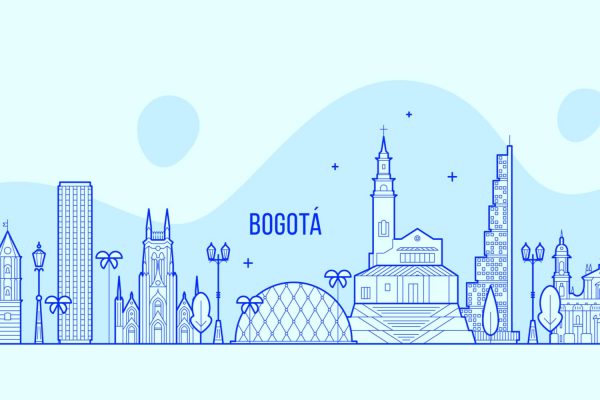This article discusses the resumption of some immigration processing and requirements for complying with safety protocols during the COVID-19 pandemic.
After a six-month wait, measures have been announced to resume air border traffic and migration processes. On September 19, 2020, the first phase of international commercial flights between Colombia and the United States began. Gradually flights to and from more countries have been added, including Mexico, Brazil, Ecuador, the Dominican Republic, Guatemala, and Bolivia. Humanitarian flights, as well as charters authorized by the government, continue to be scheduled and to transport travelers to and from Colombia.
With the gradual reopening of international air traffic, several measures were established to achieve better control and comply with biosafety protocols. Persons entering the country must:
- Present a PCR test with negative result for COVID-19 no more than 96 hours before the flight;
- Complete a Check-Mig form for entry and exit a maximum of 24 hours and minimum of 1 hour before the flight;
- Download the Coronapp application and create a profile to report the traveler’s health status, in addition to complying with the mandatory use of a mask, frequent handwashing, and social distancing
On September 21, 2020, Migración Colombia resumed its services in all offices in the country to process foreigners’ identity cards, visa registrations, certificates of migratory movement, safe conduct, Special Permits to Stay for the Promotion of Formalization, and Temporary Permits to Stay. Considering the circumstances in recent months, the government has granted a transition period from September 21 to December 15, 2020. The Ministry of Foreign Affairs still is not stamping visas, which is why the registration of visas and issuance of foreigner’s ID cards can be done with an electronic visa, i.e., despite not being stamped in the passport.
To initiate any of these processes, it is necessary to schedule an appointment, download the Coronapp application, and fill out the health declaration form. Some users claim that they have not been able to schedule appointments for some procedures in Bogotá, or that if they could, they were assigned for a later month. Such delays will most likely lead to an extended transition period because many users will probably not be able to complete processing within the established time periods.


